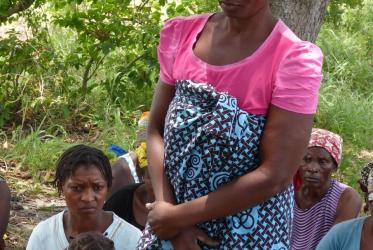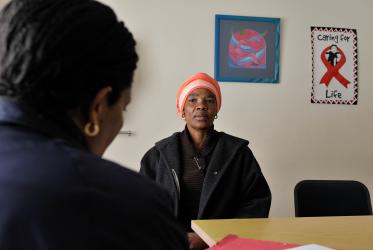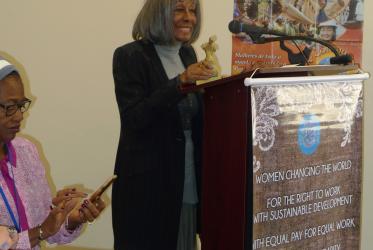Displaying 61 - 80 of 118
Food and land justice focus of Mozambique workshop
19 December 2016
Local work by faith-based groups key to ending AIDS
27 June 2016
Land rights focus of panel discussion
17 November 2015
Human rights defender Charles Harper honoured by Argentinian government
19 September 2014
Transforming lives affected by HIV and AIDS
13 February 2013
Africa struggles with impact of small arms proliferation
29 November 2012
Reducing the threat of HIV remains a challenge
04 July 2012
A toolmaker for HIV and AIDS awareness in Lusophone Africa
03 November 2011
Interfaith partners advocate for health at UN summit
17 September 2010








